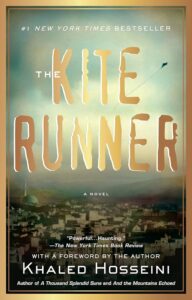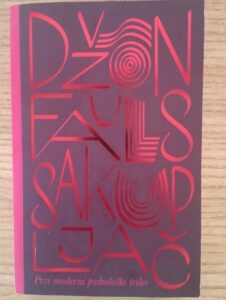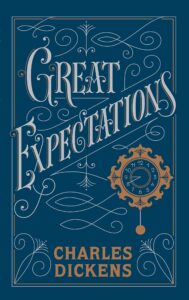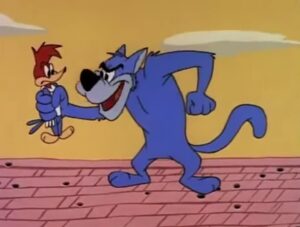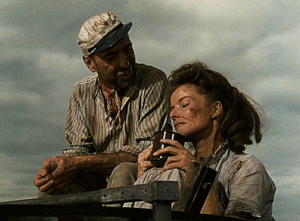From the Page to the Screen – Oliver Twist
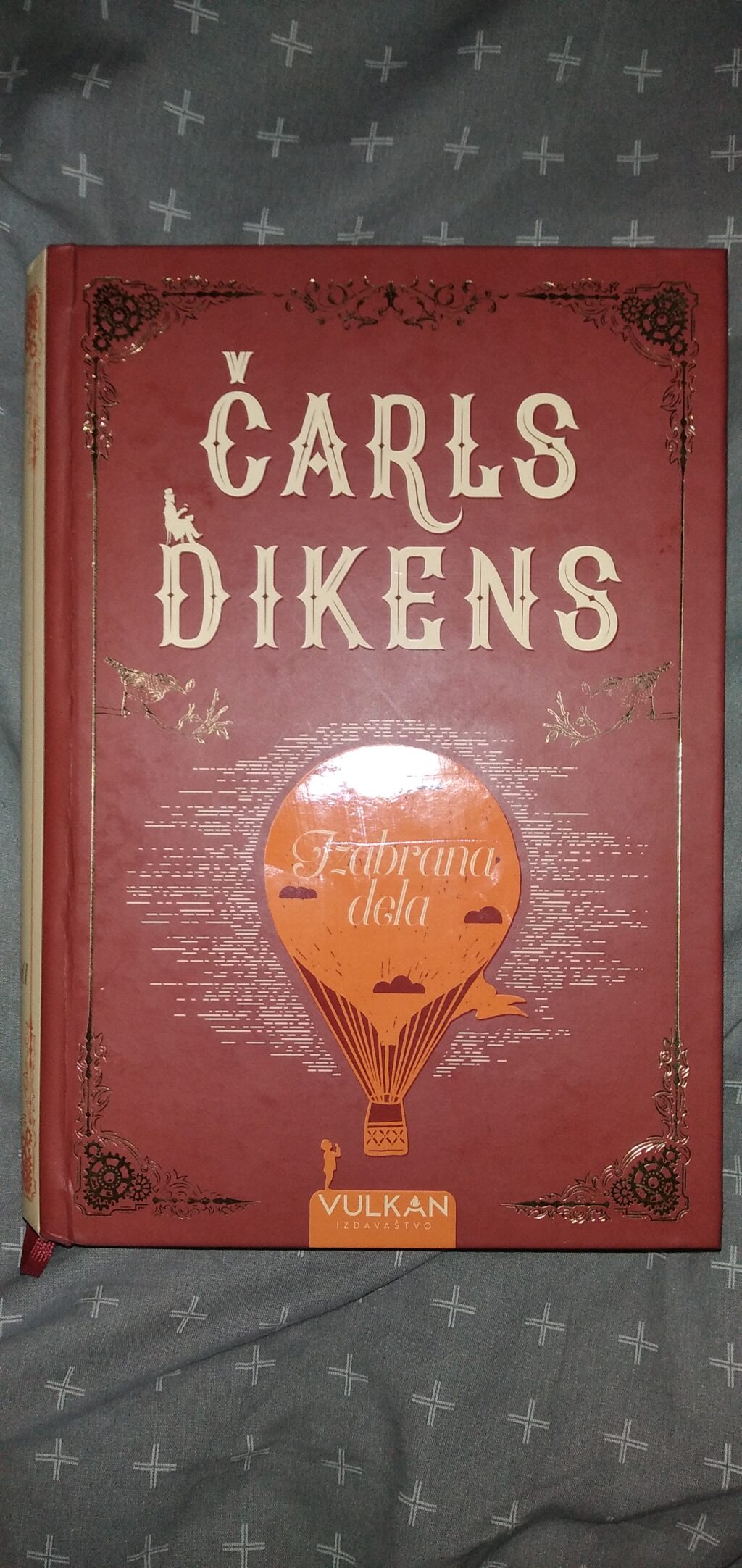
…………………………………………………
From the Page to the Screen – Oliver Twist
Oliver Twist is an iconic novel by Charles Dickens that was first published in 1838. It’s a classic of English literature and one of the author’s best and most universally appealing works. It’s so important that it influenced numerous movie adaptations throughout the decades, but few managed to adapt it properly.
THE FILM ADAPTATION
The best-regarded adaptation was released in 1948 and it received excellent reviews. It is still very well regarded, but even more praise should be directed toward it as it was a better and more confident movie than Lean’s other big Dickens adaptation released two years prior.
PLOT
This is such a faithful adaptation as most of the major plot beats from the book were retained, even the most brutal ones. The ending is somewhat changed, but not in a bad way at all. The movie flows surprisingly well and it’s exceptionally well written. It’s riveting throughout and it pretty much rivals the novel in terms of investment and raw power.
WINNER – TIE
CHARACTERIZATION
Oliver himself is actually much better and more believable in the movie than he was in the book itself. Fagin and Sykes were so well cast and beautifully performed. I also loved Mr. Bumble here. But Nancy’s actress was too old and some of the other characters were less developed. Still, when you compare the length of the book to the movie’s shorter runtime, you’ve pretty much got similar results.
WINNER – TIE
EMOTION
While the movie was obviously very moving toward the end, it simply could not compare to the emotionally charged final chapters of the novel. The heartbreaking moments hit me more while I was reading it, so the book takes this one for me.
WINNER – BOOK
…………………………………………………
…………………………………………………
THEMES
As is almost always the case, the themes were much better explored in the original source material. The movie did a pretty good job in this regard, but it focused more on the plot and technical aspects than on fully making a point about the class divide, the difficulties of urban life and the flaws of charity work.
WINNER – BOOK
TECHNICAL ASPECTS
Dickens wrote his characters superbly and he was very imaginative in his descriptions, but he also wrote some unrealistic dialogue and he focused on the soapy elements too much toward the end. The movie itself actually flowed better, it was masterfully directed and it featured incredibly beautiful cinematography and score. It was very expressionistic and cinematic, so it has to win in this category.
WINNER – FILM
BOOK 4: FILM 3
Yes, even though I absolutely love the original book, I also adored the 1948 movie, so this was a very close race for me. Eventually, the novel won out for the sheer imagination and depth of themes, characters and emotions, but the movie is a phenomenal, highly cinematic experience in its own right, so it should be required viewing for every Dickens fan.

